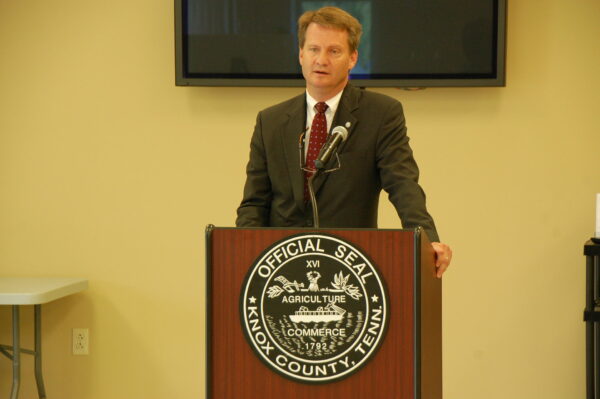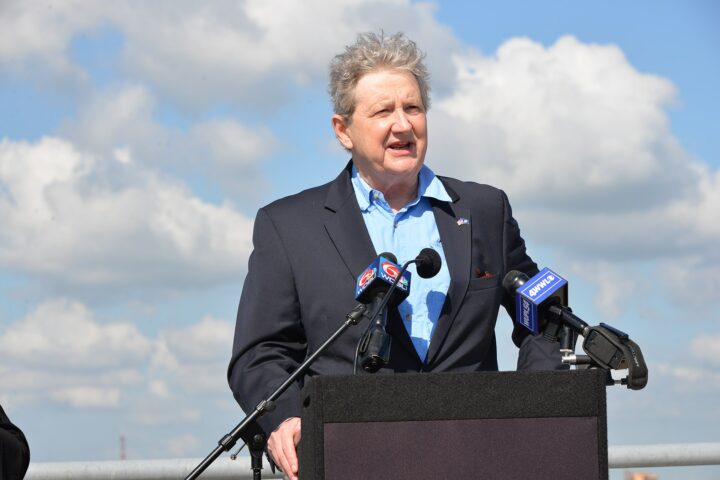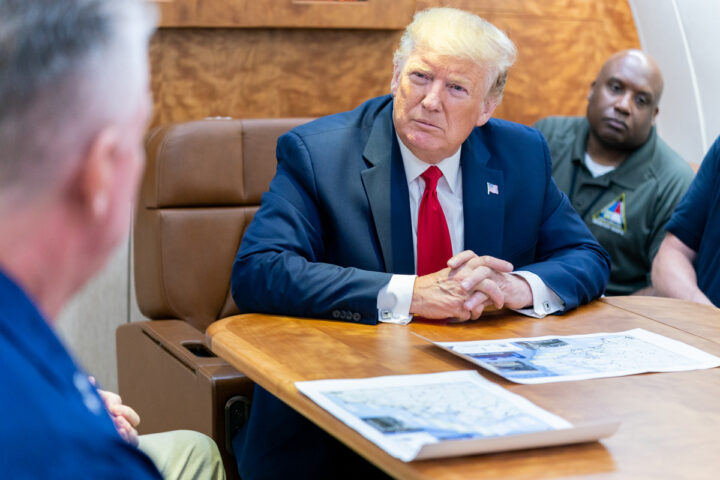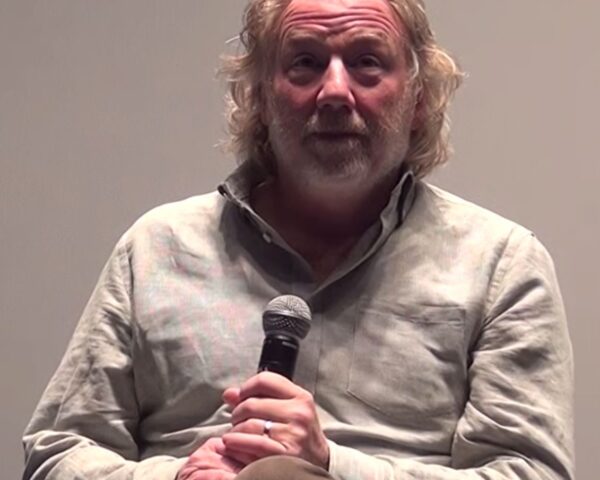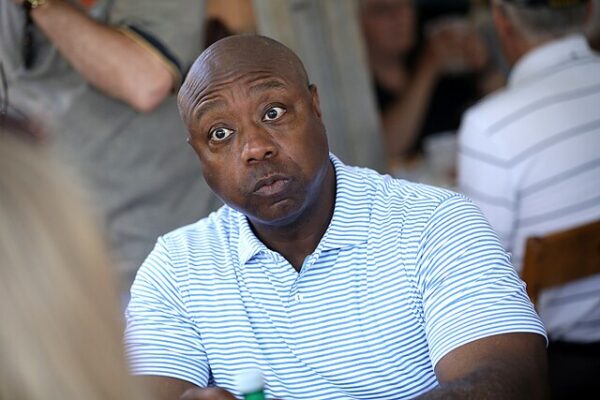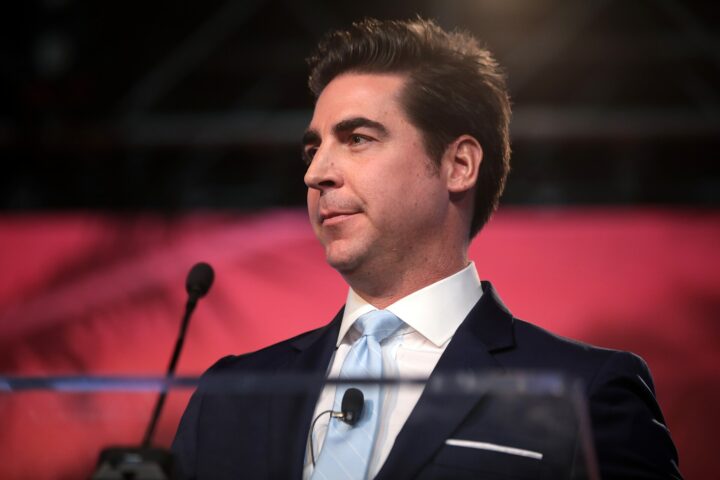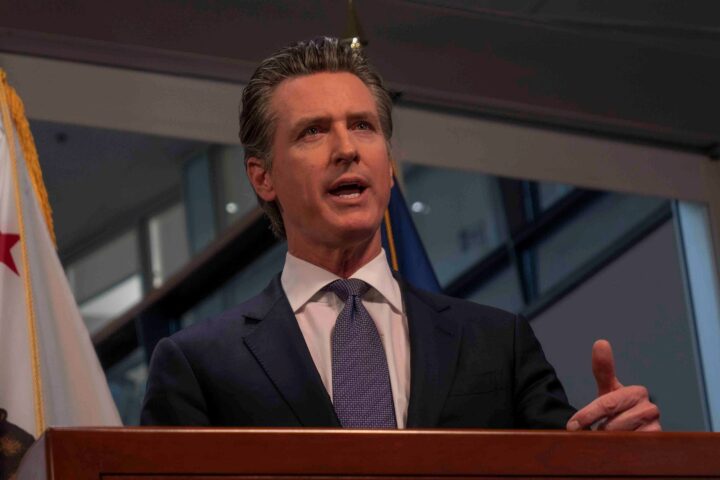Rep. Tim Burchett of Tennessee offered a candid sketch of an unlikely friendship this week that, in small measure, captures the human textures missing from the nation’s capital.
Speaking at a NewsNation town hall, Mr. Burchett described Rep. Alexandria Ocasio-Cortez as “a Marxist” — and also, with a mixture of affection and irony, “my buddy.”
The paradox is worth pausing over. Mr. Burchett framed their relationship in plain, everyday terms: friendly ribbing, brief on-camera exchanges on the House floor, and a kind of familiarity that defies ideological caricature. “I mean, she’s a Marxist. She’s a friendly neighborhood Marxist, I always call her,” he said, recalling how Ms. Ocasio-Cortez will sometimes hop into one of his videos and trade a quick greeting — “Hey Burchett” — after he calls out, “Hey Cortez.” The line about not looking at her “too long” because “she’ll steal your soul” landed as a self-conscious, comic riff that nevertheless acknowledged a genuine rapport.
Mr. Burchett used the anecdote to broaden his critique of contemporary public life. Where he and older generations of lawmakers once managed to disagree loudly and remain close, he argued, today’s politics too often discards the basic civility that made bipartisan cooperation possible. “That is what we’ve lost in this thing, and we had that in Tennessee,” he said, sketching memories of a more forgiving civic culture in which rivals “would fight like cats and dogs and then we’d go cry at each of our friend’s funerals.” The implication was blunt: Washington, he suggested, has passed beyond that kind of decency.
To illustrate his point he reached across the aisle to another colleague, describing his relationship with Rep. Steve Cohen as rooted in the same messy, human mix of affection and exasperation. “Steve Cohen, probably as far-left as you can be. You know, he’s Jewish and I try to be a Christian, we came from Tennessee together.
We raised the speed limit together and we were kind of, I always joked we’d go out to eat dinner at night because he was so far to the left and I was so far to the right, we met on the other side.”
That anecdote — part humor, part confession — underscored a theme Mr. Burchett returned to again and again: relationships among people who disagree are more durable than the rhetoric that currently dominates public discourse.
He admitted there were limits to patience — “sometimes I just wanna scratch his eyes out, you know?” — but balanced that with an example of human grace when Mr. Cohen “called my mamma when my daddy died.” The story served as Mr. Burchett’s evidence that ordinary decency can (and should) outlast political combativeness. “But honestly, sometimes I just wanna scratch his eyes out, you know? But he called my mamma when my daddy died and you can’t get past that,” he said, concluding with a melancholy observation about how much has been lost in public life.
Mr. Burchett’s remarks are not a policy speech; they are a small argument for remembering the relationships that make governance possible.
Whether one shares his political views or those of Ms. Ocasio-Cortez, the substance of his case is straightforward: institutions depend on people who can disagree and yet remain humane. In his telling, that kind of decency is the rarest commodity in Washington today.
[READ MORE: Trump Threatens to Pull World Cup Games Over Violence]

